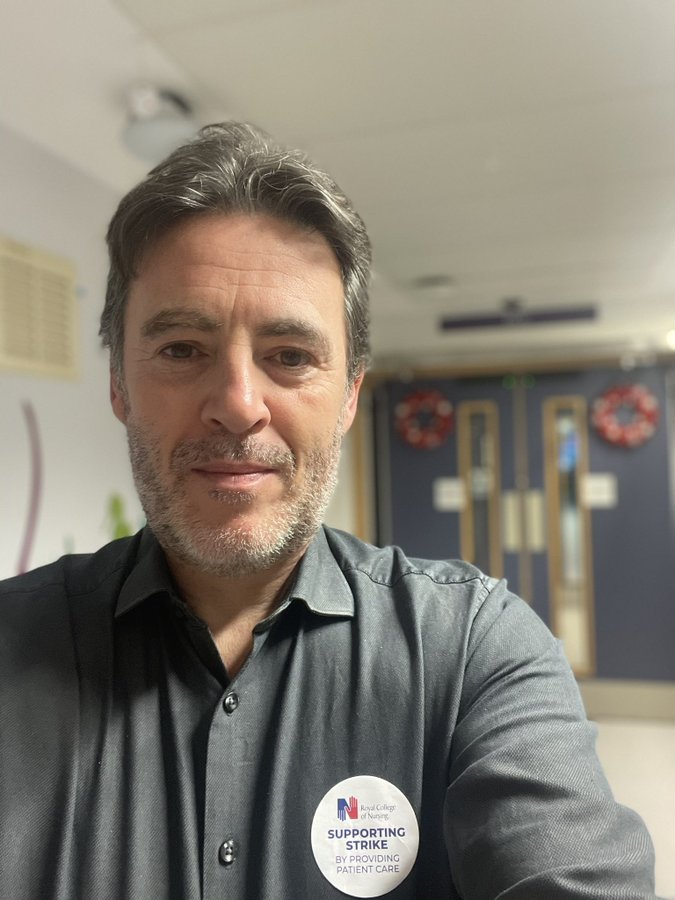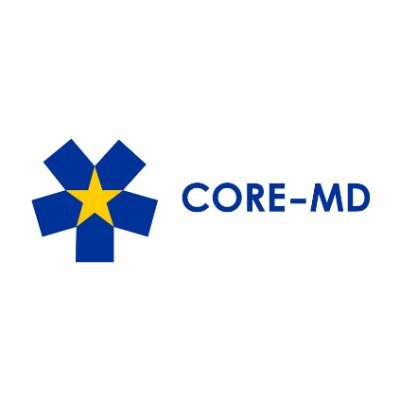
Joe Brierley
Chair
Consultant Paediatric Intensive Care & Director of Bioethics Great Ormond St Hospital (GOSH) for Sick Children, London.
Past Medical President European Paediatric and Neonatal intensive Care (ESPNIC)
Chair of the European Board of Paediatric and Neonatal Intensive Care & Lead for EPIC (European Paediatric & Neonatal Intensive Care Diploma).
Past Chair Ethics & Law Advisory Committee of Royal College Paediatrics & Child Health.
Research interests in ethics and law, organ donation, severe sepsis and end-of-life care.
ABOUT
ETHICS
Strategic Advisory Group
The European Academy of Paediatrics (EAP) is the body of the UEMS (European Union of Medical specialists) which strives to promote the health of children and adolescents in Europe; one of its main mission is to secure adequate training of paediatric specialists. Around five years ago, the EAP has established a new strategic advisory group on adolescent medicine and health whose mission is to support initiatives in the field in setting up training initiatives and publishing recommendations for the health care of young people. There are many reasons that have led to the decision to have this advisory group.
AGENDAS of ETHICS
2021-2025
- Virtual SAG meetings Jan/Feb 2022)
2016-2020
- Rare Diseases
7 December, 2018 - Vilamoura
May 12, 2017 - Rare diseases
December 1, 2017 - Dublin
Friday, June 3, 2016 - Bruxelles
Friday, January 29, 2016
2013-2015
- Bratislava
Saturday, May 30, 2015 - Brussels
December, 5th, 2014
2013-2015
- Brussels 2013 – December 2013
- Brussels 2014 – 5 December 2014
- Bratislava 2015 – 29 May 2015
2016-2020
- Dublin 2016 – 3 June 2016
- Sofia 2018 – 18 May 2018
- Vilnius 2018 – 18 May 2018
- Vilnius 2019 – 17 May 2019
2021 - 2025
- Brussels 2022 – 2 December 2022
Spring
- Vilnius 2019 – 17 May 2019
- Vilnius 2018 – 18 May 2018
- Sofia 2018 – 18 May 2018
- Dublin 2016 – 3 June 2016
- Bratislava 2015 – 29 May 2015
Winter
- Brussels 2022 – 2 December 2022
- Brussels 2014 – 5 December 2014
- Brussels 2013 – December 2013
- Brussels 2022 – 2 December 2022
- Vilnius 2019 – 17 May 2019
- Vilnius 2018 – 18 May 2018
- Sofia 2018 – 18 May 2018
- Dublin 2016 – 3 June 2016
- Bratislava 2015 – 29 May 2015
- Brussels 2014 – 5 December 2014
- Brussels 2013 – December 2013

MINUTES of ETHICS
2016 - 2020
2012 - 2015
- Rzeszow, Poland
Friday, May 30, 2014 - Jerusalem
Thursday, May 23 - Bruxelles
Friday, December 13 - Bruxelles
Saturday, December 8, 2012
2012 - 2015
- Rzeszow, Poland
Friday, May 30, 2014 - Jerusalem
Thursday, May 23 - Bruxelles
Friday, December 13 - Bruxelles
Saturday, December 8, 2012
Spring
- Vilamura
May 12, 2017 - Dublin
Friday, June 3, 2016 - Bratislava
Saturday, May 30, 2015 - Rzeszow, Poland
Friday, May 30 - Jerusalem
Thursday, May 23
DOCUMENTS of ETHICS
MANUSCRIPTS IN PREPARATION
OTHER DOCUMENTS
PAPERS FOR DISCUSSION
PUBLISHED ARTICLES
- Reviewing and addressing the link between mass media and the increase in obesity among European children
- Age determination in asylum seekers in asylum seekers
- Female Genital Mutilation: a Hidden Epidemic
- Achievements and Outstanding Challenges in Medicine for Children
- 2004 – Developing a European Ethical Framework for Research on Children
- 2004 – Paediatric Research – Guidelines for Ethics and Good Clinical Practice
- The Ethics and Equity of Growth Hormone for Small Normal Children
- Ethical Daily Care
- Principles and Guidelines for Good Clinical Practice in Paediatric Research
- Ethical Overview of Paediatric Research and Practice in Europe
- Ethical Dilemmas in Neonatology
- Decision Making in Extreme Situations
- Refugee Children – a Concern for European Paediatricians
- Persistent Vegetative State in Children
- The Ethics of Withdrawal of Care and Limitation of Care in Children
- Informed Consent in Biomedical Research Involving Paediatric Populations
- Ethical Challenges of Clinical Research in Children
- Ethical Principles in Paediatrics
- Seven Questions about Paediatric Research
- Research in Children
- Putting the Child First: Research as a Part of Paediatric Care
- lnformed Consent/Assent in Children

